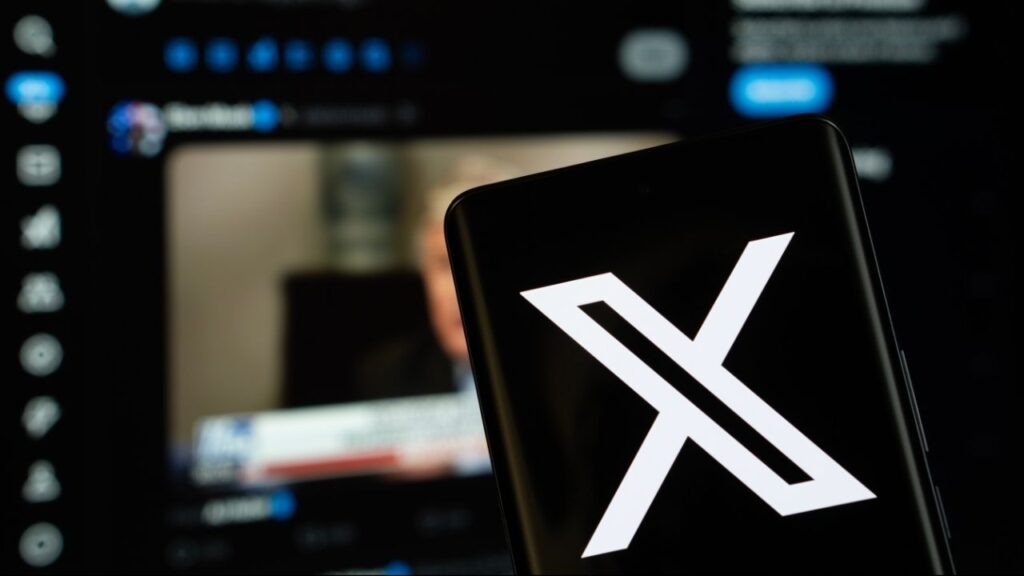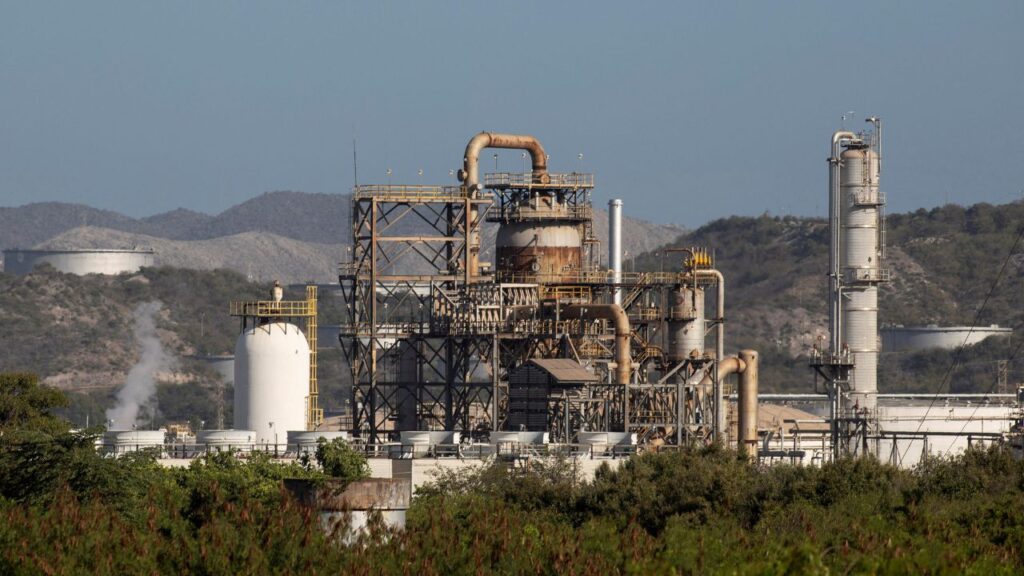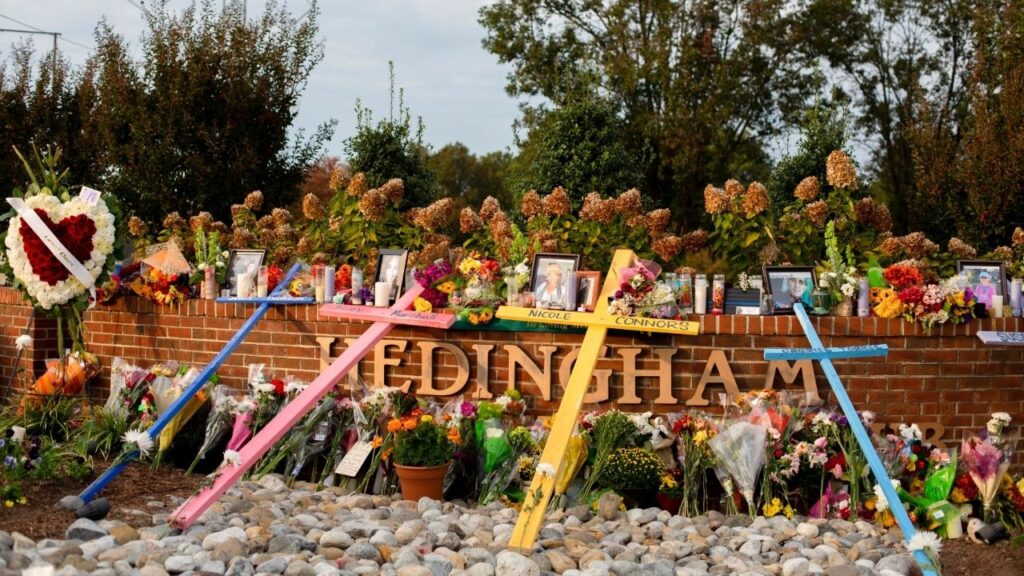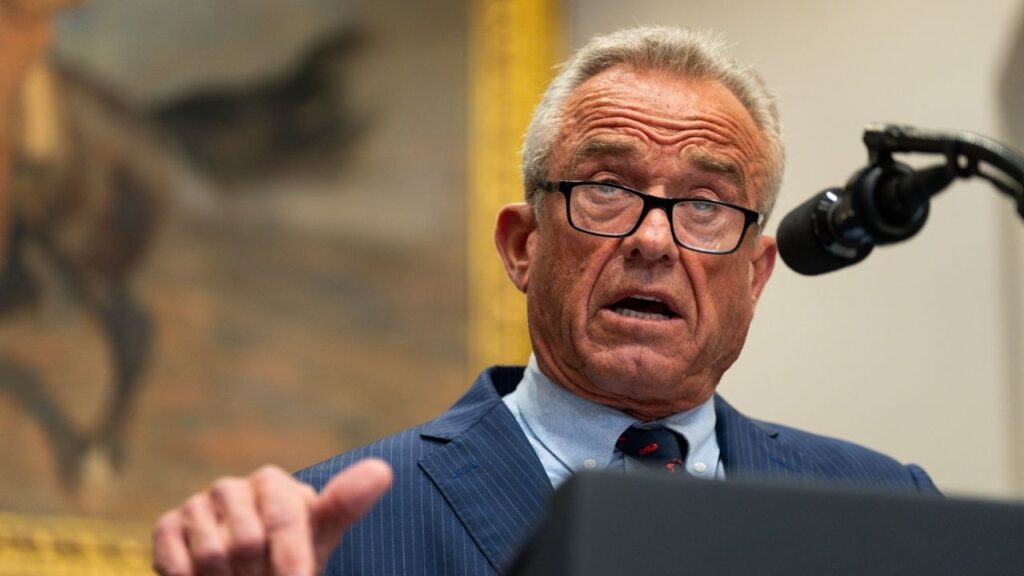Share
The New York Times Subscription
The mouse embryos looked perfectly normal. All their organs were developing as expected, along with their limbs and circulatory and nervous systems. Their tiny hearts were beating at a normal 170 beats per minute.
But these embryos were not growing in a mother mouse. They were developed inside an artificial uterus, the first time such a feat has been accomplished, scientists reported on Wednesday.
The experiments, at the Weizmann Institute of Science in Israel, were meant to help scientists understand how mammals develop and how gene mutations, nutrients and environmental conditions may affect the fetus. But the work may one day raise profound questions about whether other animals, even humans, should or could be cultured outside a living womb.
By Gina Kolata | 17 March 2021
Categories

X Down for Thousands, Downdetector Reports
Instagram Down for Thousands of Users, Downdetector Reports

China Wins as Trump Cedes Leadership of the Global Economy
















